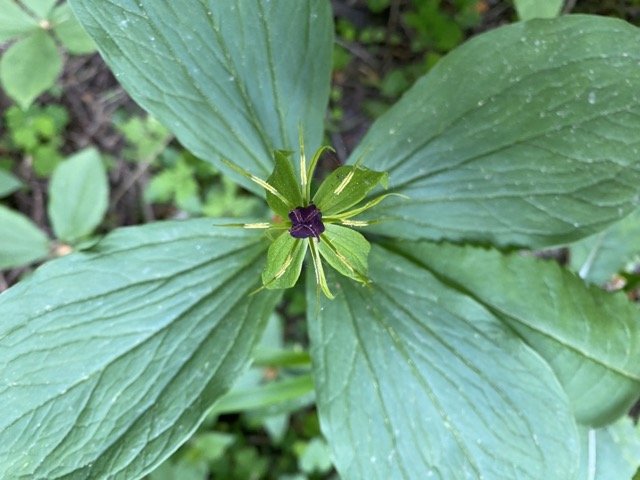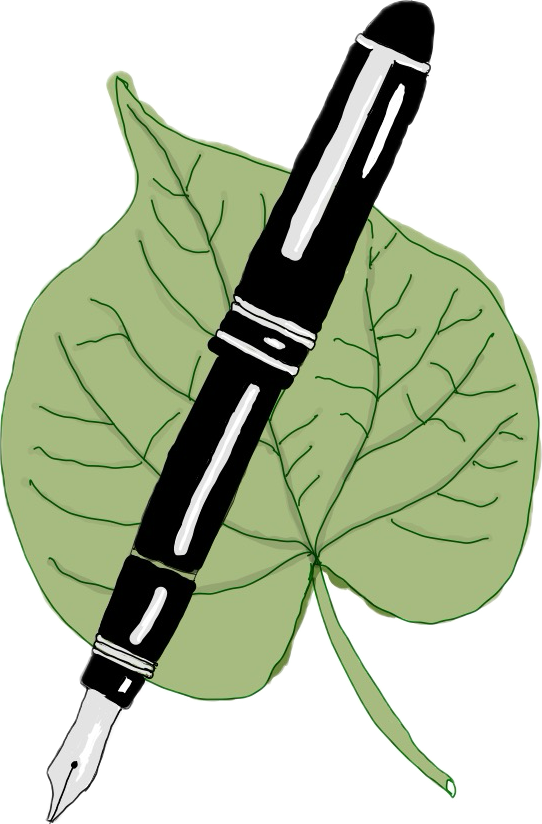
Why should writers learn botany?
“Our details are important. Otherwise, if they are not, we can drop a bomb and it doesn't matter.”
Natalie Goldberg, “The Power of Detail”
in: Writing Down the Bones
What details matter to us, what details we write about, defines who we are, what our readers see, hear, and smell - not only as they read, but also as they see our writing reflected in their world. If you notice plants, your readers will start to notice plants. If you are grounded in a botanical sense of place, you can write plants into your readers' world - even, and maybe especially, after they close your book or essay.
Readers who have woken up to plants, whose emotions and imagination have been tied to them, will be less likely to "drop a bomb" or let others do the same. But even if you aren't out to save the world, writing well requires standing within it. A botanical sense of place will bring your world alive with sensual detail. Writing requires noticing. And training your brain to notice different shapes, hues, and motion will imprint those patterns, make your walk to work - or even trundling the garbage can to the curb - an opportunity for discovery.
To a writer, botany is a treasure-trove of words. If you don't believe that matters, read chapter one in Ursula Le Guin's Steering the Craft: what she calls "being gorgeous" relies, in large part on "exuberant vocabulary". Try tasting plant names, or touching botanical terminology A road enveloped in hemlocks darkens your walk differently than if they were just "trees": hemlocks hush the sounds, still the air. Maple leaves rustle. A child crushing wild mint and clovers as she rolls down a hill will smell different than if she were just rolling down "lawn". And the lawn will feel prickly if there are sedges interspersed with the grass. (Sedges have edges.) Try the softness of "petal" against the harshness of "bract".
Waking up to the botanical truths of our Earth is a life-long journey. There are as many paths and turns and vistas as there are travelers. I hope you discover those details that matter most to you - the images, sounds, smells, and words that enliven your world and your tales.




